Yayasan Sime Darby Annual Report 2025

Food Security
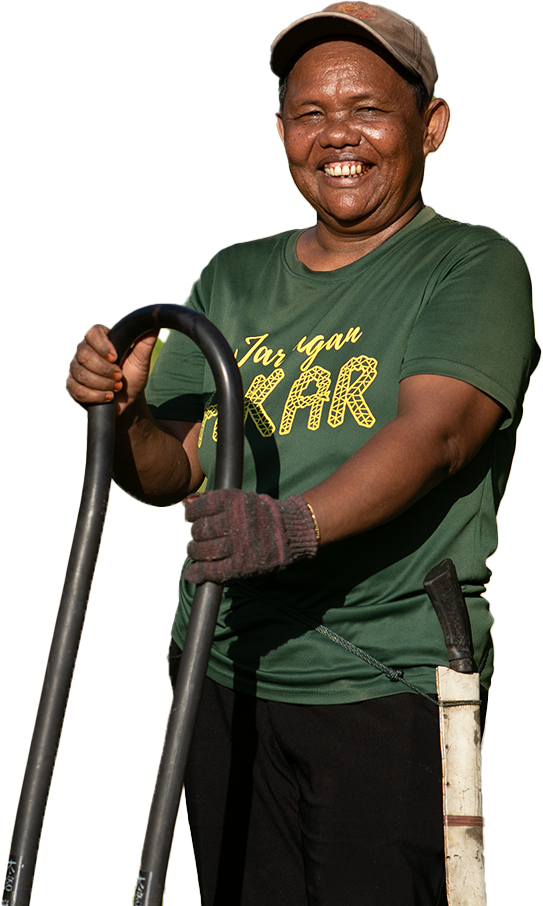
RM0.57 million
Total YSD support (5 years)
30 families
in 6 villages (Pekan & Rompin)
400
on-site coaching
25
starter kits; solar irrigation (Kg. Lubuk Perah)
30,121
trees/crops over 5.9 ha; soil health 1.5 to 2.5 (peak)
Food-security confidence
36% to 78%; balanced-diet 73% to 75%
Jaringan Akar peer network
3 training videos completed

Community-Led Food Security
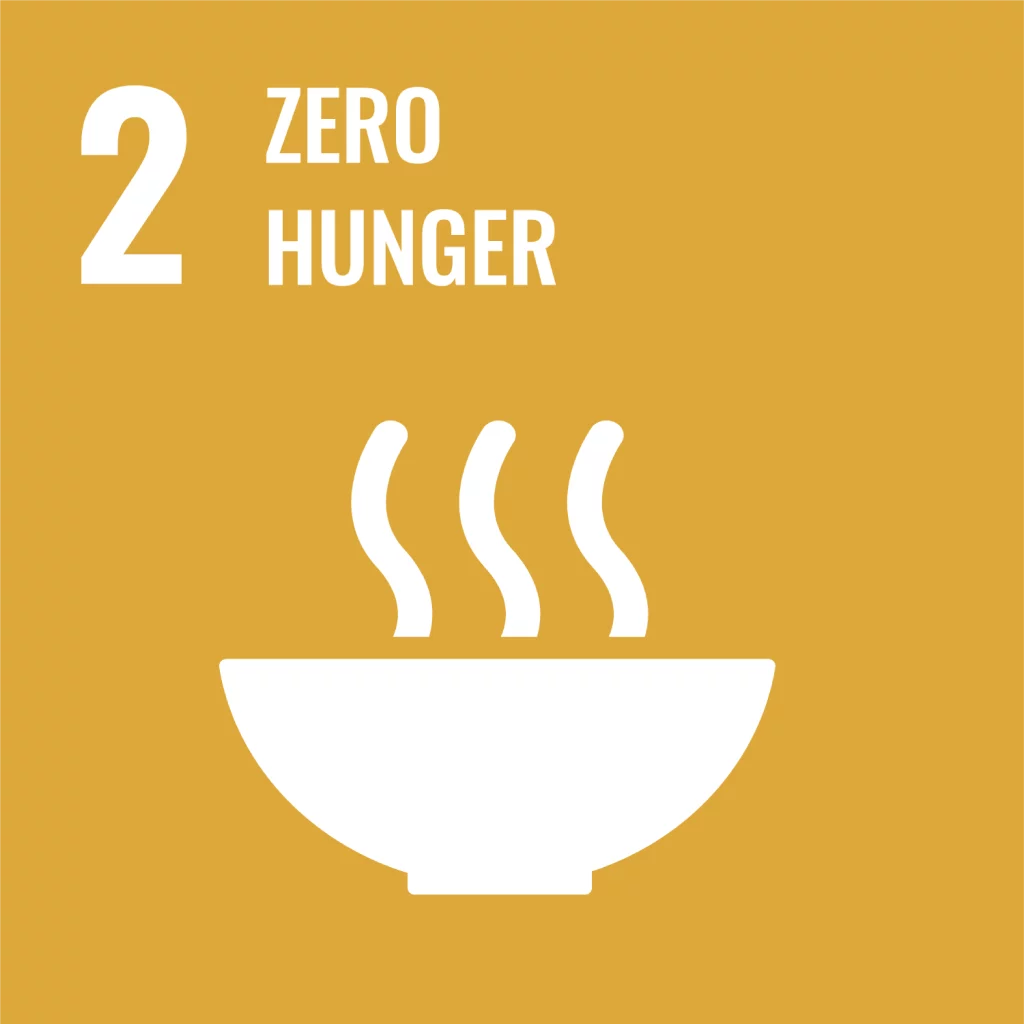
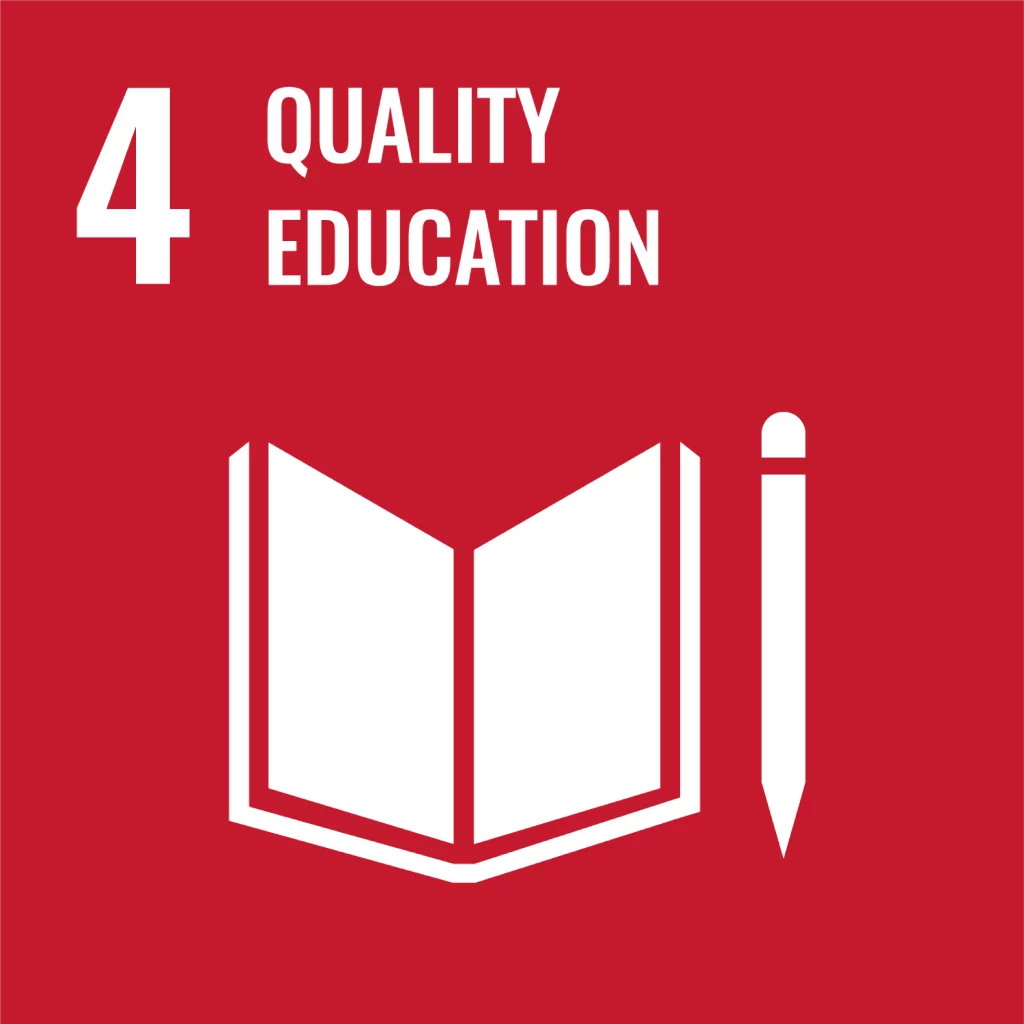
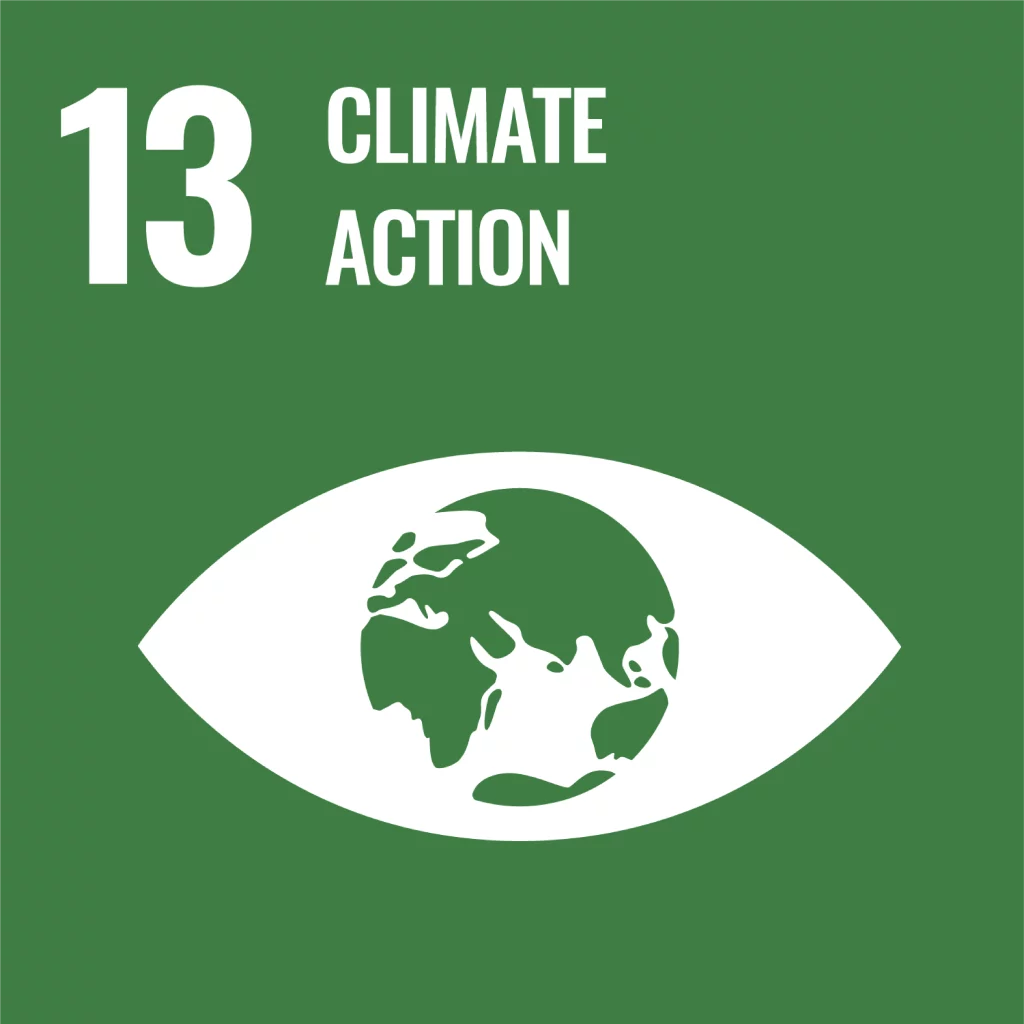
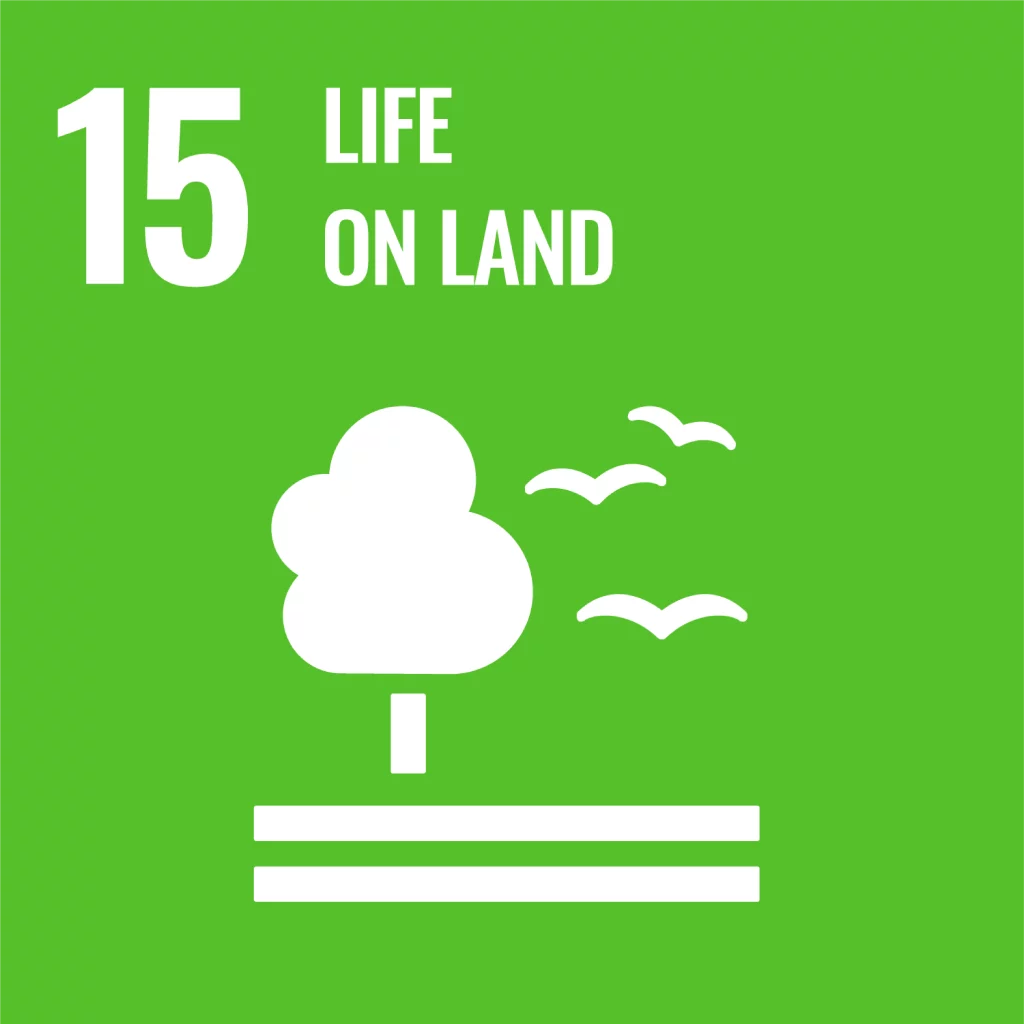
In Pahang’s Orang Asli villages, Amai Zai tends a small forest that feeds her family and carries the wisdom of her elders. “My land has stories to tell,” she says. “Our elders knew which plants belonged together, ones that protected and supported each other.”
Climate disruptions are affecting farming cycles, while economic fluctuations make essential groceries unaffordable for vulnerable populations. B40 and Orang Asli communities are among the hardest hit, grappling with increasing malnutrition and limited access to resources.
With sustained support —a combined RM570,000 from Yayasan Sime Darby (YSD) and a matching grant from the Ministry of Finance (MOF) — the Global Peace Foundation Malaysia (GPFM) is equipping 30 families in six Orang Asli villages to restore degraded plots using regenerative, “forest-like” farming methods. What some once dismissed as “old ways” now prove remarkably effective: when floods washed away single-crop fields, Amai Zai’s diverse plantings held firm; during drought, her banana and coconut trees retained precious soil moisture.
The goals are clear: restore ecosystems through food forests, reduce deforestation, upskill communities with regenerative techniques, and open access to markets to ensure sustainable livelihoods.
Change is visible on the ground. More than 30,000 food trees and crops now thrive across 5.9 hectares—living food forests that also counter deforestation. Soil health scores have improved from 1.5 to 2.5, and confidence in food security has risen from 36% to 78%. GPFM has delivered 400 on-plot coaching sessions, while the Jaringan Akar (Network of Roots) farmer committee connects growers across villages to learn and solve problems together. Some model farmers, like Mamak Ali, now earn up to RM1,000 a month from diversified harvests.
The impact is spreading. Women farmers are running solar-irrigated plots and sandy-soil gardens; monthly mentoring are building skills and trust; and families are receiving practical starter kits, seedlings and soil-improving materials to sustain their efforts.
This work creates a replicable model for environmental sustainability: food forests that act as carbon sinks, regenerative practices that heal ecosystems, and community networks that preserve and pass on knowledge. “We don’t just grow food,” Amai Zai says. “We grow hope. We grow independence. And most importantly, we grow together.”
Nourishing Families, Saving the Planet

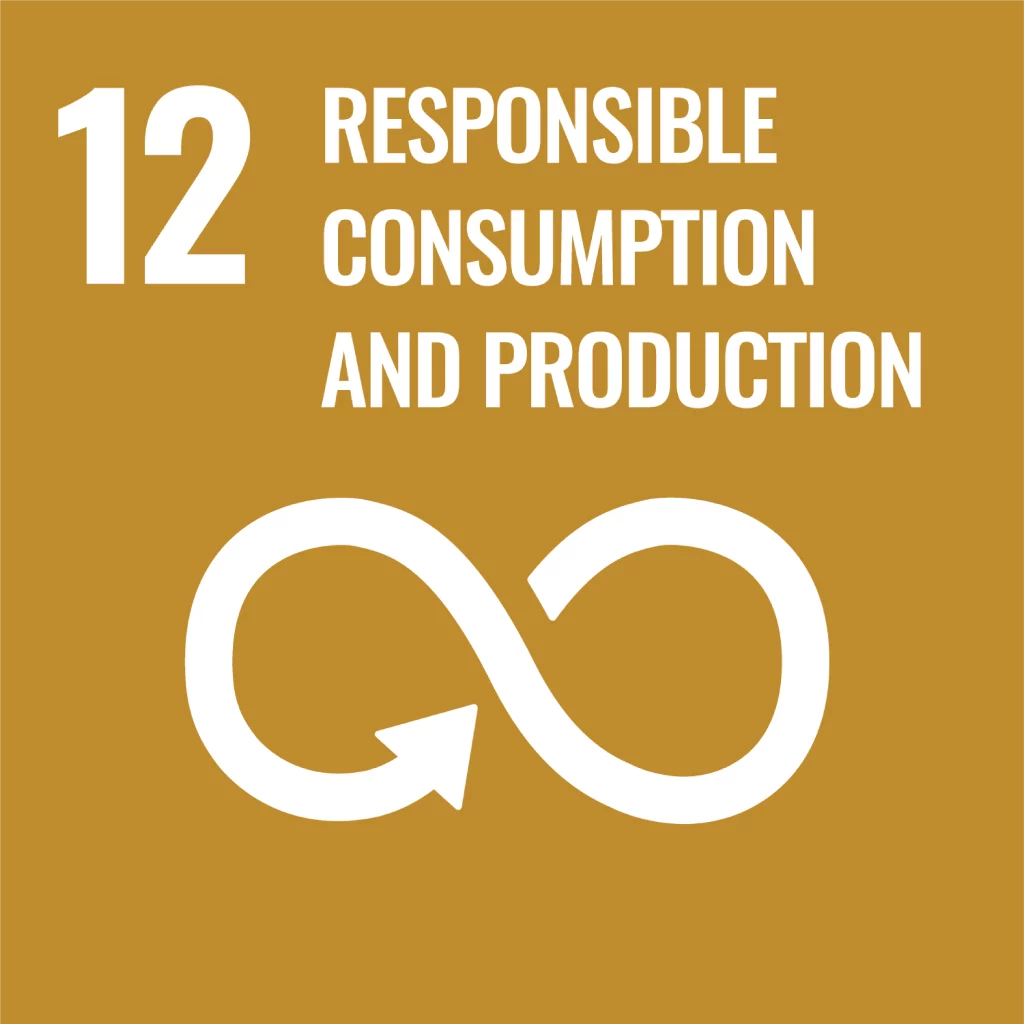

In the Klang Valley’s bustling wholesale markets, what would become waste becomes nutritious meals. The Lost Food Project (TLFP) partners with vendors at Pasar Borong Kuala Lumpur and other donors to rescue perfectly edible surplus before it ends up in landfills. Fresh produce is sorted at TLFP warehouses and delivered to families in People’s Housing Projects (PPR), Orang Asli communities, and registered charities.
With RM860,000 in support from YSD, the programme strengthens manpower, logistics, and last-mile delivery. TLFP distributes surplus food to 69 charities and 12 PPR communities, and collaborates with public agencies on food banking and safe food donation policies.
The impact is substantial: 3.8 million kg of surplus food have been rescued to date, translating into over 10.8 million meals and preventing 9.5 million kg of greenhouse-gas emissions. In the current phase alone, 827,760 kg of food have been distributed across 106 locations and 204 charities, enabling 2.36 million meals and avoiding 2 million kg of emissions. Consistent access to nutritious food allows families to stretch limited budgets toward healthcare, education, and other essentials.

Change goes beyond meals. TLFP has led 44 awareness and education initiatives to shift how communities value food and understand the climate cost of letting organic matter decompose. Each rescued crate means less methane in the air, more nutrition at the dinner table, and stronger networks built around shared resource care.

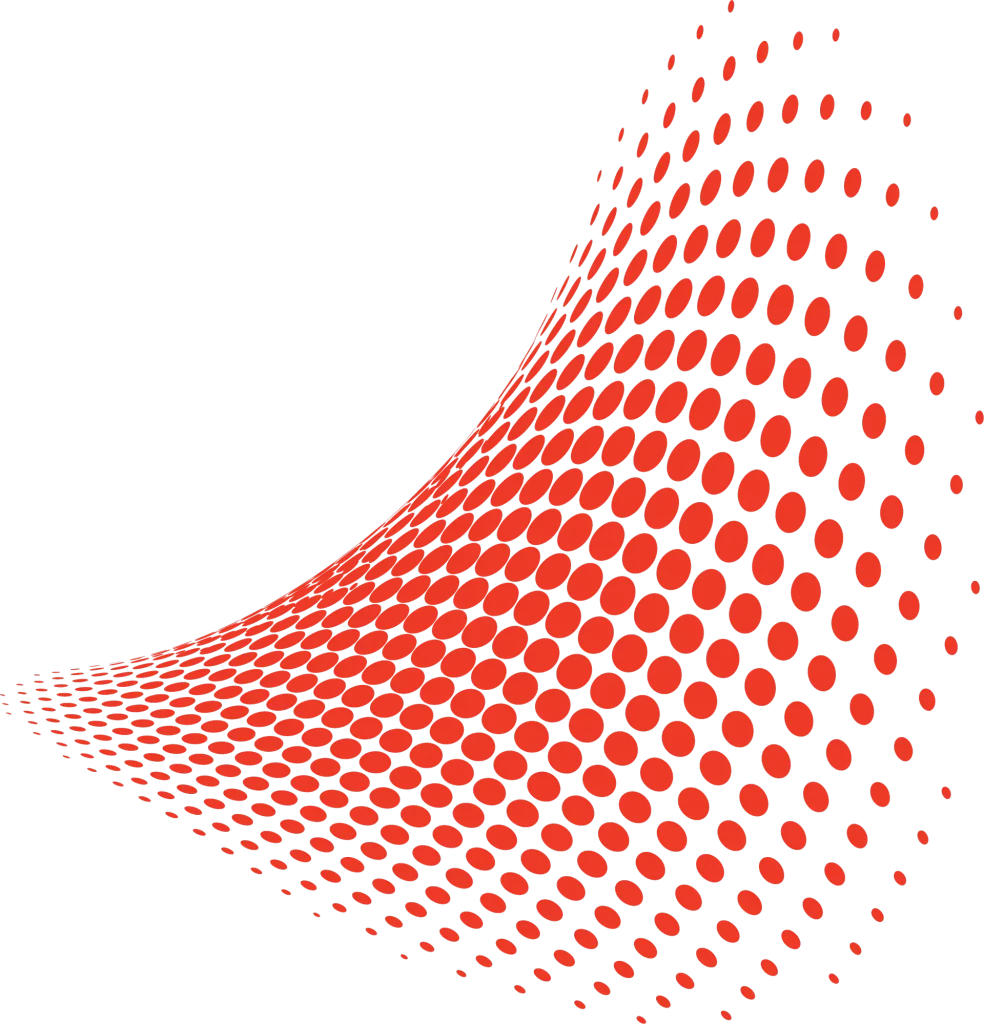
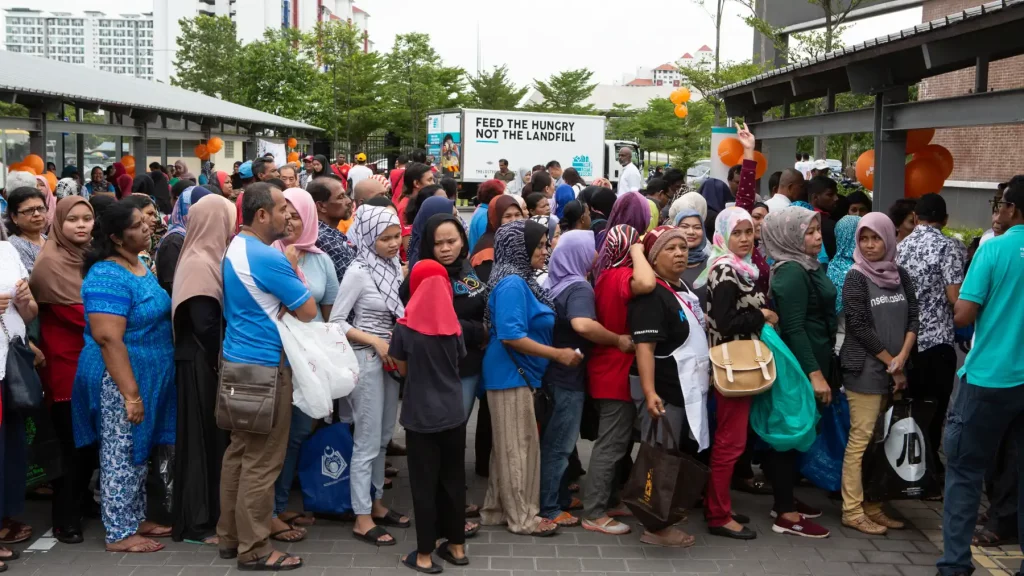
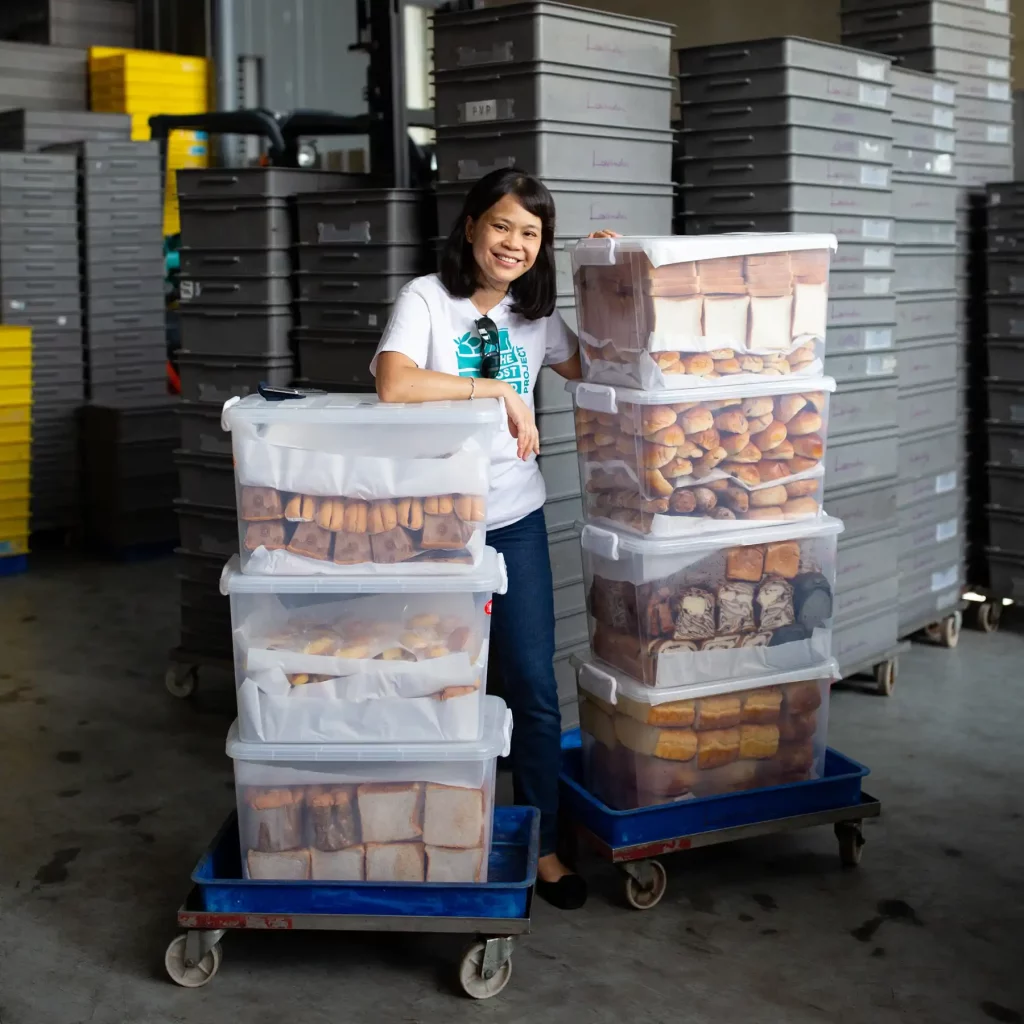


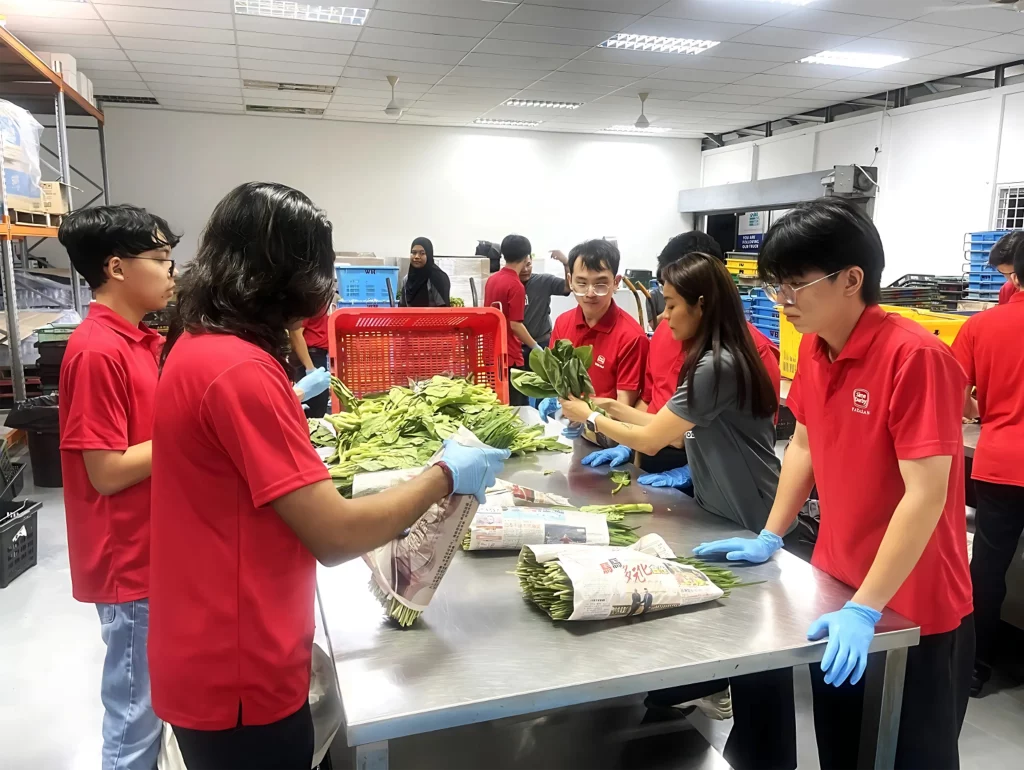
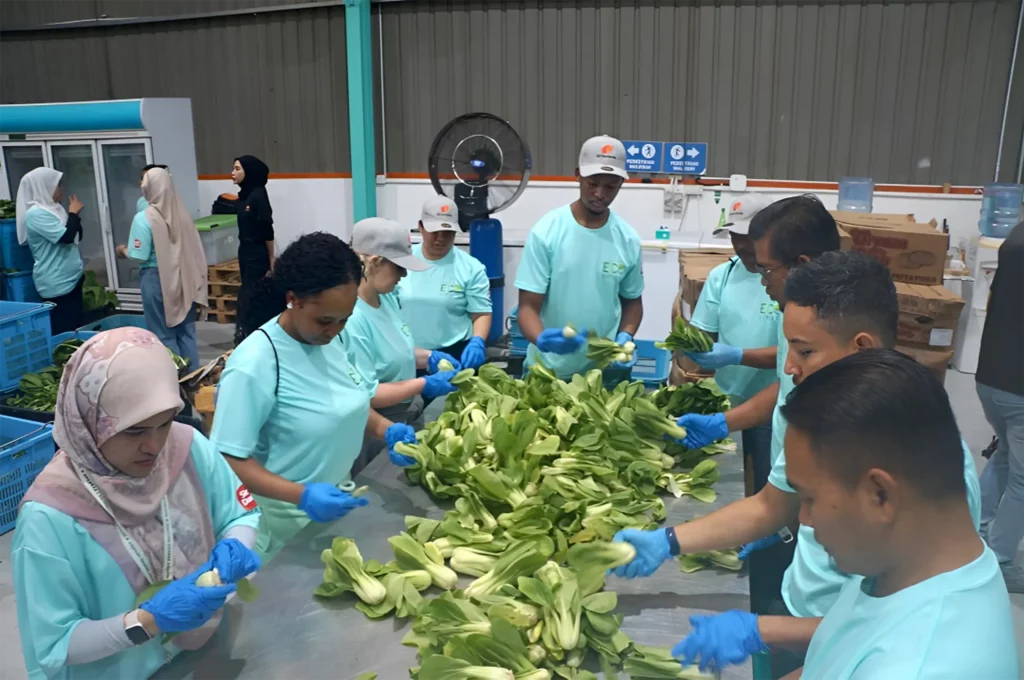
RM860,000
YSD support
44 awareness and education initiatives
Surplus food rescued
3,799,787 kg → 10,856,534 meals
9,499,468 kg GHG avoided
Distribution network
2 warehouses
Deliveries through
69 charities
12 PPR communities
106 location and 204 charities
in the current cycle
